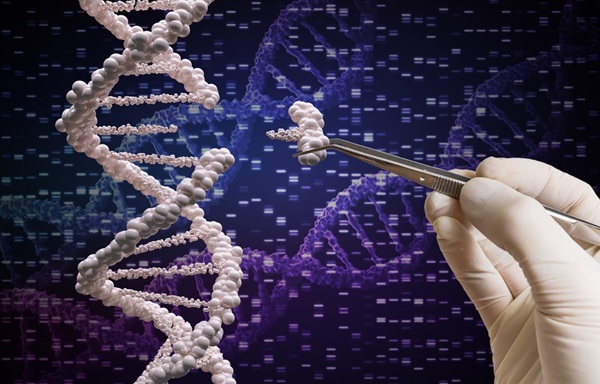Selenium May Prevent High-Risk Bladder Cancer
By LabMedica International staff writers
Posted on 23 Dec 2008
A recent study suggests that selenium, a trace mineral found in grains, nuts, and meats, may aid in the prevention of high-risk bladder cancer. Posted on 23 Dec 2008
Researchers from Dartmouth Medical School (Hannover, NH, USA) compared selenium levels in 767 individuals newly diagnosed with bladder cancer to the levels of 1,108 individuals from the general population. Findings showed an inverse association between selenium and bladder cancer among women, some smokers, and those with p53-positive bladder cancer.
In the entire study population, there was no inverse association between selenium and bladder cancer, but women (34%), moderate smokers (39%) and those with p5-positive cancer (43%) had significant reductions in bladder cancer with higher rates of selenium. "There are different pathways by which bladder cancer evolves and it is thought that one of the major pathways involves alterations in the p53 gene,” said corresponding author Margaret Karagas, Ph.D., professor of community and family medicine of the Norris Cotton Cancer Center at Dartmouth. "Bladder cancers stemming from these alternations are associated with more advanced disease.”
Whereas other studies have shown a similar association between selenium and bladder cancer among women, this study is one of the first to show an association between selenium and p53-positive bladder cancer. "Ultimately, if it is true that selenium can prevent a certain subset of individuals, like women, from developing bladder cancer, or prevent certain types of tumors, such as those evolving through the p53 pathway, from developing, it gives us clues about how the tumors could be prevented in the future and potentially lead to chemopreventive efforts,” Dr. Karagas said.
Dr. Karagas hopes to replicate these findings on a larger scale in order to examine the connection between selenium and bladder cancer in women and those with p53 tumors, as well as with patient prognosis.
The study was published in the December 2008 issue of Cancer Prevention Research, a journal of the American Association for Cancer Research (AACR).
Related Links:
Dartmouth Medical School













